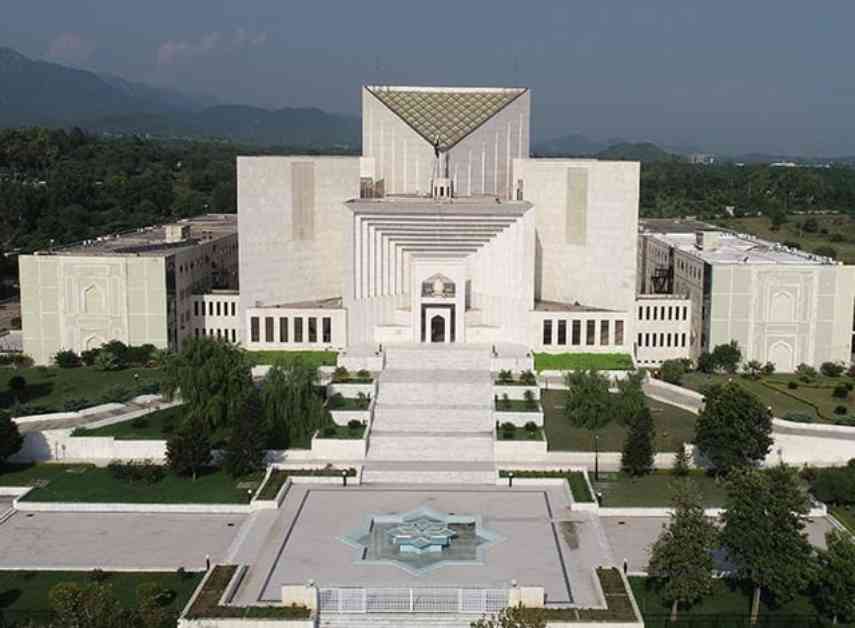The Supreme Court of Pakistan has recently delved into the depths of the Army Act, sparking debates and discussions on the application and scope of military trials in the country. In a recent hearing led by Justice Aminuddin Khan, the Constitutional Bench raised crucial questions regarding the use of the Army Act in cases related to the 2014 Army Public School (APS) attack.
Debating the Application of the Army Act
During the hearing, Defence Ministry lawyer Khawaja Haris shed light on the distinction between civilian and military trials based on the nature of the crime committed. He emphasized that crimes related to the armed forces fall under the jurisdiction of military courts, particularly those linked to terrorism or terrorist groups.
Justice Jamal Khan Mandokhail, however, posed thought-provoking questions about the intent behind the crime and its impact on national interests. This led to a discussion on whether the existing legal framework adequately addresses cases like the APS attack, which have significant implications for national security.
Examining Constitutional Amendments
The constitutional bench also delved into the implications of the 21st Constitutional Amendment, which paved the way for military trials in terrorism cases post the APS attack. Justice Naeem Akhtar Afghan highlighted the parliamentary debate and judicial reasoning that influenced the passing of the amendment, emphasizing the emotional context surrounding its approval.
Khawaja Haris reiterated the importance of parliamentary approval and acknowledged the role of key stakeholders in endorsing the amendment. The discussions underscored the need for a comparative analysis of the Army Act’s provisions and their alignment with constitutional principles.
Looking Ahead
As the hearing adjourned, the Supreme Court signaled its intent to review the constitutional status of the law and its implications for military trials. The ongoing debates and deliberations exemplify the judiciary’s commitment to upholding constitutional principles while ensuring justice and security in the realm of military trials.
In a world filled with complexities and uncertainties, the legal system plays a crucial role in safeguarding rights, upholding justice, and ensuring accountability. As we navigate through these legal intricacies, it is essential to reflect on the broader implications of legal decisions and their impact on society as a whole. Let us strive for a system that not only upholds the rule of law but also fosters transparency, fairness, and equity for all.









